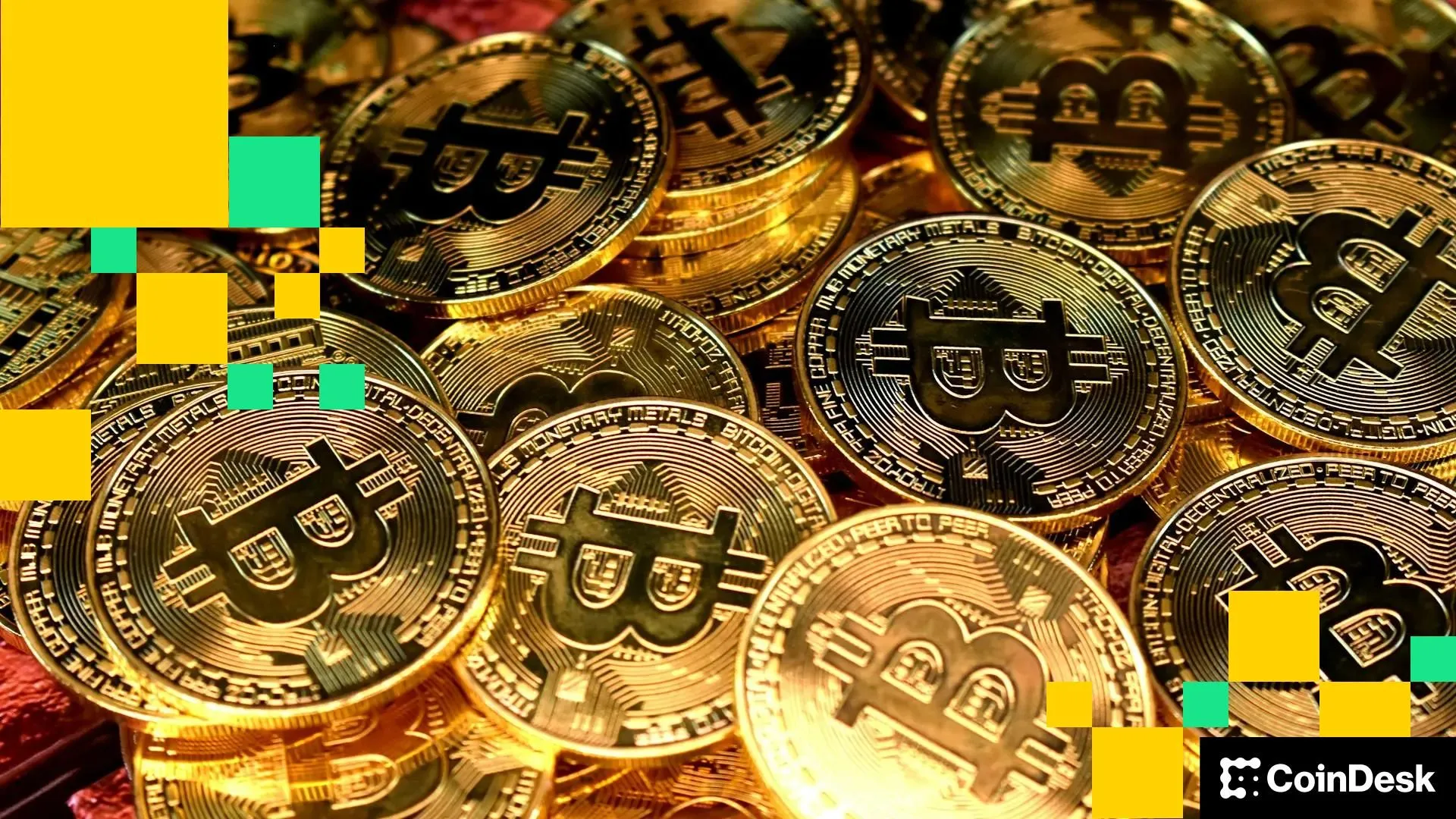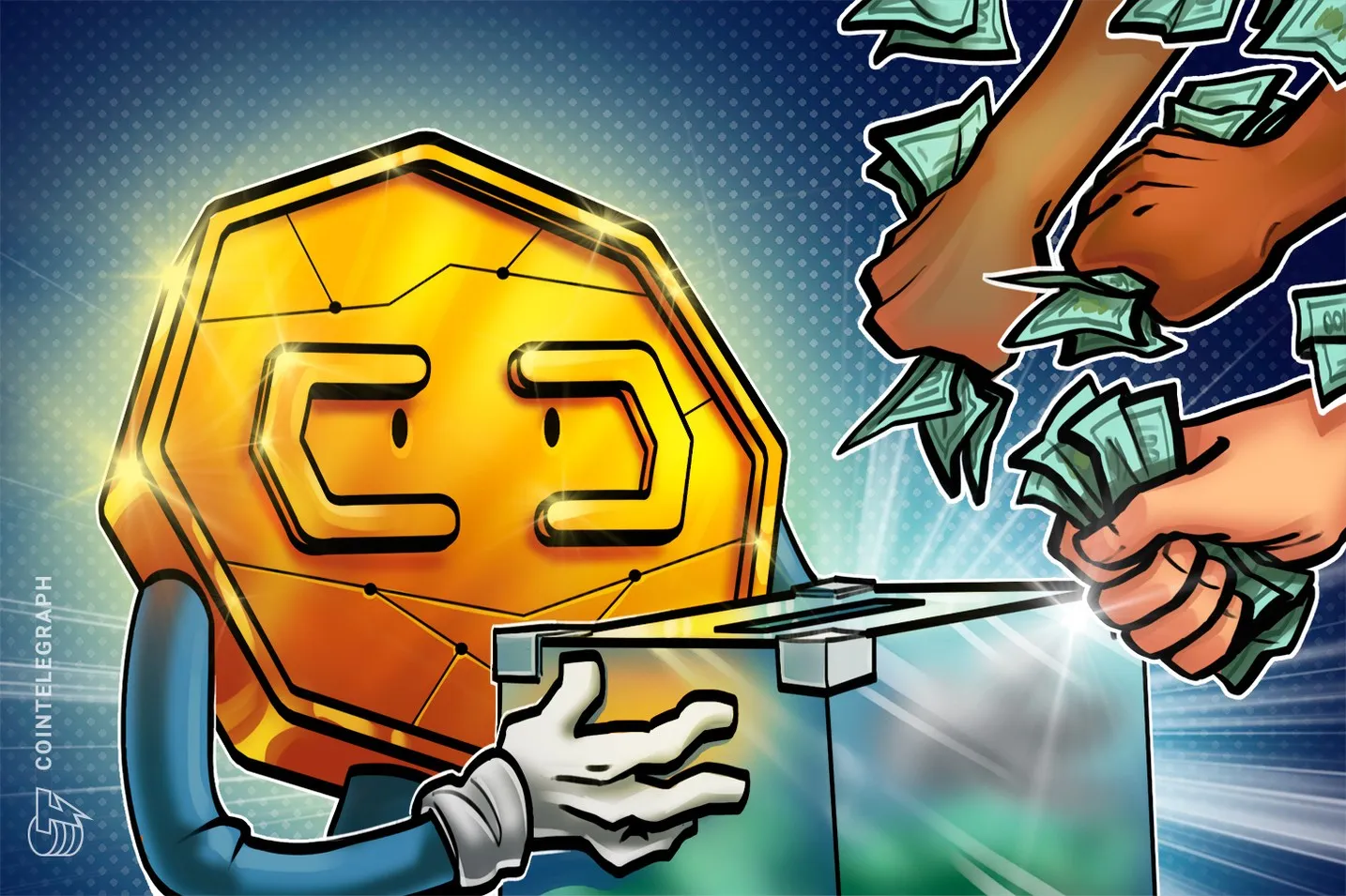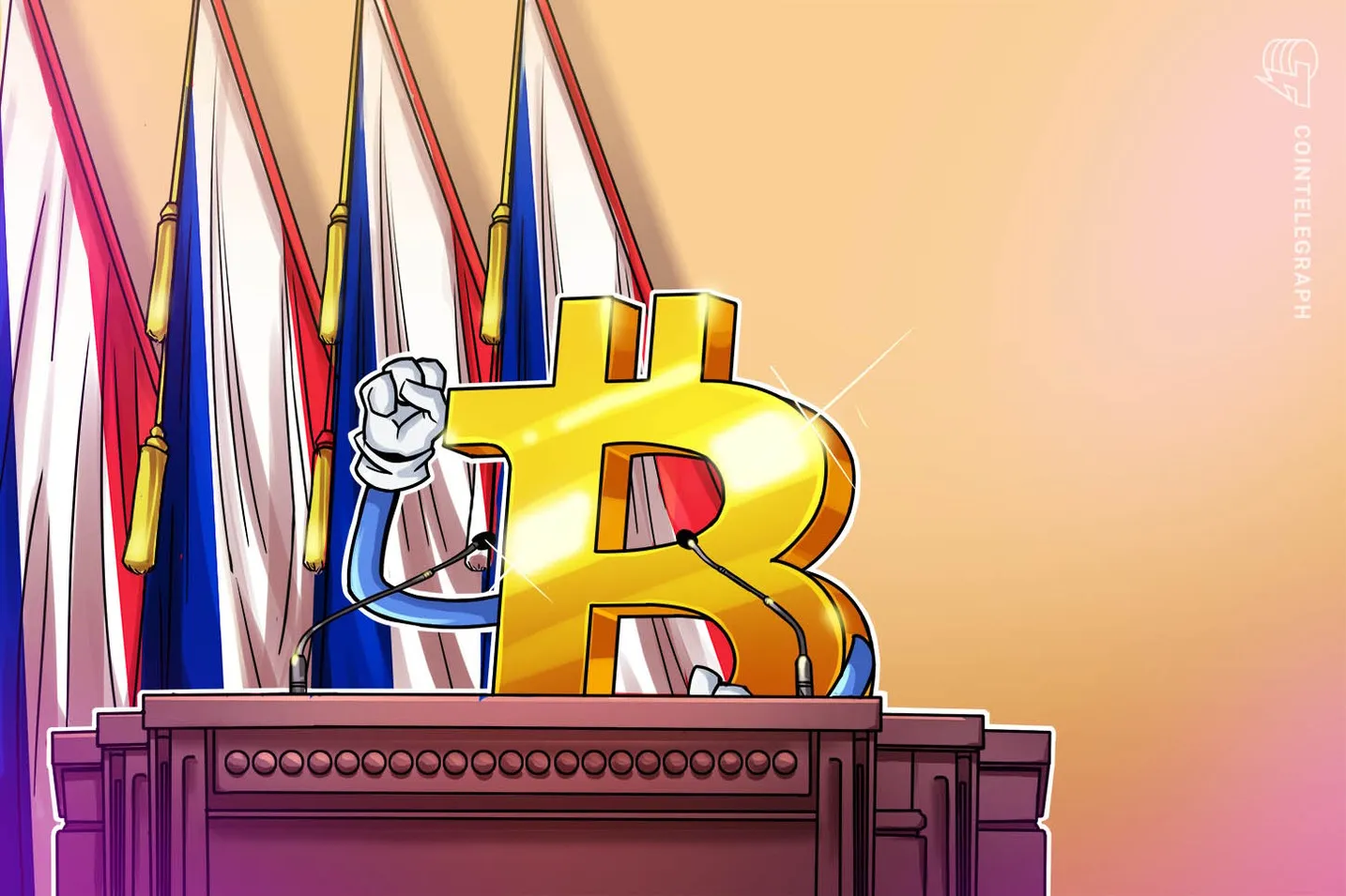Hong Kong is one of the few regions in the world that has taken the lead in establishing a "licensing system" for stablecoins, initially seen as a hotbed for digital asset and cross-border payment innovation. Since the Hong Kong Monetary Authority (HKMA) launched the stablecoin regulatory framework in August this year, the market has seen an influx of technology and financial giants making moves. However, major tech companies that had previously expressed intentions to "get ahead" have now suspended their plans to issue stablecoins in Hong Kong.
Currently, while the regulatory framework for stablecoins in Hong Kong is taking shape, the market has shifted from a "sprint" to a "wait-and-see" approach, halting the pace of innovation—whether Hong Kong remains a "pioneering ground for stablecoins" or transitions into a "steady waiting" state under strong regulatory signals has become a new focus in the industry.
In 2024, the HKMA released the "Consultation Results Report on the Stablecoin Issuer Licensing System," clearly stating that licensed issuers must ensure that their issued and circulating stablecoins are fully backed by reserve assets. Additionally, the HKMA requires licensed issuers to entrust their reserve assets to licensed banks in Hong Kong and to effectively isolate the reserve assets from the issuer's own assets. These measures aim to strengthen the regulation of the stablecoin market and ensure financial stability.
Hong Kong's Chief Executive John Lee also announced in his policy address that the government is actively implementing the stablecoin issuer system and will focus on developing tokenized assets. The HKMA will continue to promote the Ensemble project sandbox, supporting commercial banks in launching tokenized deposits and real tokenized asset transactions, such as settling tokenized money market funds with tokenized deposits, and assisting the government in regularizing the issuance of tokenized bonds. Furthermore, the report mentioned plans to enrich gold investment tools and support the development of new products like tokenized gold.
Although Hong Kong has acted swiftly in establishing a regulatory framework, its lofty ideals are still constrained by reality.
According to informed sources, the People's Bank of China (PBOC) has recently summoned several domestic enterprises under its regulation (including banks and non-bank payment institutions), instructing them not to advance stablecoin plans in Hong Kong until further notice from the central bank. The China Securities Regulatory Commission (CSRC) has also recently suggested that domestic brokerages pause their RWA projects in Hong Kong due to concerns about signs of overheating in the market. This reflects that Chinese regulatory agencies are attempting to cool down the recent enthusiasm surrounding stablecoins and "real-world assets" (RWA) tokenization in the Hong Kong market.
However, some analysts argue that despite the constraints imposed by Chinese regulators, China's overall open attitude towards digital assets has not changed in the context of competition with the United States, as the relevant guidance seems to target domestic registered enterprises conducting related business abroad (including Hong Kong) and should not be interpreted as a comprehensive denial of Hong Kong's digital asset development path.
Yifan He, founder and CEO of Hong Kong's Red Date Technology, stated that as the Trump administration intensified efforts to promote digital asset development in the U.S., China still recognizes the strategic importance of crypto assets in competing with the U.S. and has accelerated its exploration of digital assets this year.
"The most important variable currently is the U.S. direction; the more actively the U.S. promotes digital asset development, the more necessary it is for China to respond, because in the competitive landscape between the two countries, monetary policy is almost the most important policy tool in the economic field."
Against this backdrop, many companies that were previously actively laying out tokenization plans in Hong Kong are becoming more cautious and low-key. For example, CMB International Asset Management, a subsidiary of China Merchants Bank, deleted a statement from its WeChat public account last week that originally announced a collaboration with Binance's BNB Chain to launch a tokenized U.S. dollar money market fund.
Ant Group had previously stated in June that it would participate in the Hong Kong stablecoin pilot project, and JD.com had also expressed intentions to join the pilot program, but now both tech giants have suspended their plans to issue stablecoins in Hong Kong.
Although Hong Kong has long been approved to establish itself as a digital asset center, the Chinese regulators' tightening of stablecoin and RWA business practices in Hong Kong actually reflects their ongoing concerns about capital controls.
Tang Bo, director of the Financial Research Institute at the Hong Kong University of Science and Technology, pointed out that stablecoins and RWA tokenization involve key issues such as monetary control, cross-border capital flows, and investor protection. Fundamentally, the operation of stablecoins is similar to "narrow banking," where liabilities are fully backed by safe assets. Such products may exert pressure on traditional financial intermediaries by "siphoning off deposits, reshaping credit channels, and introducing new systemic risks."
He believes that in the future, Hong Kong should focus on institution-led innovations, such as government bond tokenization or regulated stablecoins for trade settlement, thereby playing its role as a bridge connecting Eastern and Western markets.
"As long as Hong Kong aligns its regulatory framework with the concerns of the mainland while maintaining global connectivity, it can still be a credible international digital financial center rather than an experimental ground in a regulatory gray area."
Related: DEX Track Dynamics: The Battle of "Technology, Ecology, and System" Under 20 Billion Trading Volume
Original: “Once a Pioneering Ground, Now a Waiting Game: Hong Kong's Stablecoins Face Challenges”
免责声明:本文章仅代表作者个人观点,不代表本平台的立场和观点。本文章仅供信息分享,不构成对任何人的任何投资建议。用户与作者之间的任何争议,与本平台无关。如网页中刊载的文章或图片涉及侵权,请提供相关的权利证明和身份证明发送邮件到support@aicoin.com,本平台相关工作人员将会进行核查。




